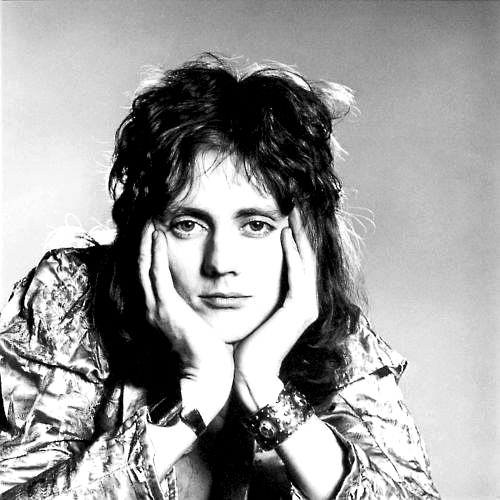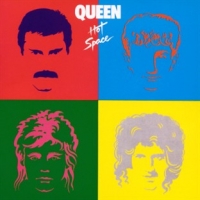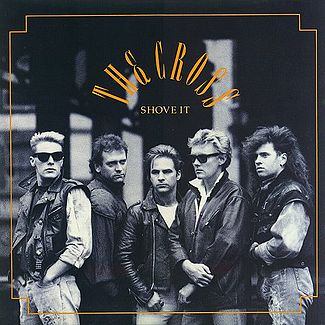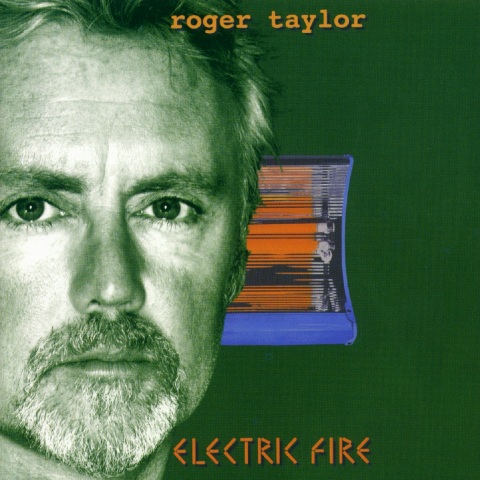05-23-1993 – The Washington Times
Queen at crossroads after Mercury’s death
What to do when the key member of a rock group dies? The three surviving members of the English mega-group Queen – whose flamboyant lead singer, Freddie Mercury, died of AIDS in November 1991 – are not sure what the future holds.
When rocker Jim Morrison died in 1971, the rest of the Doors carried on lamely for a few years before realizing the game was up.
Keith Moon’s death seven years later merely forced the Who to hire a new drummer and continue as usual. But Led Zeppelin members decided their drummer John Bonham was irreplaceable, and they split up after he died in 1980.
“Nobody’s had any bright ideas yet,” Queen’s drummer Roger Taylor, 43, says in a rare interview.
“We’re all still friends, we’re obviously in business together, we still sell records. Whether we’ll actually play together again apart from in the studio, I really couldn’t say.”
Although the members of Queen, which also numbers guitarist Brian May and bass player John Deacon, all had reasonably equal input, Mercury held the highest profile. Could anyone copy his macho-feminine swagger, crowd-pleasing stunts or offstage revelry and live to tell the tale?
For almost 20 years, as Queen pumped out hits such as “Bohemian Rhapsody,” “We Are the Champions” and “Crazy Little Thing Called Love” and sold more than 80 million albums in all, Mercury treated life as one huge party. But he died a recluse at age 45.
“We knew he was terribly ill; it was really only a confirmation of what we’d guessed,” Mr. Taylor says of the time several years earlier when he learned Mercury was infected.
“But actually hearing it was an appalling thing. For quite a long time we tried to tell ourselves it was other things.”
Despite the “sex, drugs and rock ‘n’ roll” image of the music business, Mercury is perhaps its only high-profile AIDS casualty. His death stunned music fans around the world and set off a debate among some elements as to whether he should have been more open about his affliction.
His silence probably underscored the fact that Queen, as individuals, always treasured their privacy, and their avoidance of the news media was part of that strategy.
In April last year, a sellout crowd attended an AIDS charity concert in Mercury’s name at London’s Wembley Stadium, where Elton John, David Bowie, Robert Plant and others performed Queen songs backed by the Queen survivors.
“We thought it appropriate that nobody should do `Another One Bites the Dust’ because . . . that was rather unfortunate phrasing there,” Mr. Taylor says.
One performer who did make up for Mercury with some aplomb was George Michael, whose version of “Somebody to Love” was culled from that concert and included on a new minialbum “Five Live” (Hollywood Records).
“[Freddie Mercury] was a great person and we all miss him so much,” Mr. Taylor says. “We don’t feel really that we could replace him. Having said that, it’s great for the three of us to be playing with George Michael singing because I tell you he sang so wonderfully.”
As for future Queen products, Mr. Taylor says an album with Mr. Mercury’s voice on it will probably come out next year. But both he and Mr. May are concentrating on solo projects.
Mr. May’s Brian May Band has been touring in support of his album “Back to the Light,” while Mr. Taylor is laying down tracks in his home studio outside London.
Meanwhile, Mr. Taylor says he is thrilled that a new generation, kids as young as 9 or 10, is discovering Queen’s music. This may be due in part to the inclusion of “Bohemian Rhapsody” in a hilarious scene from last year’s hit film “Wayne’s World.”




